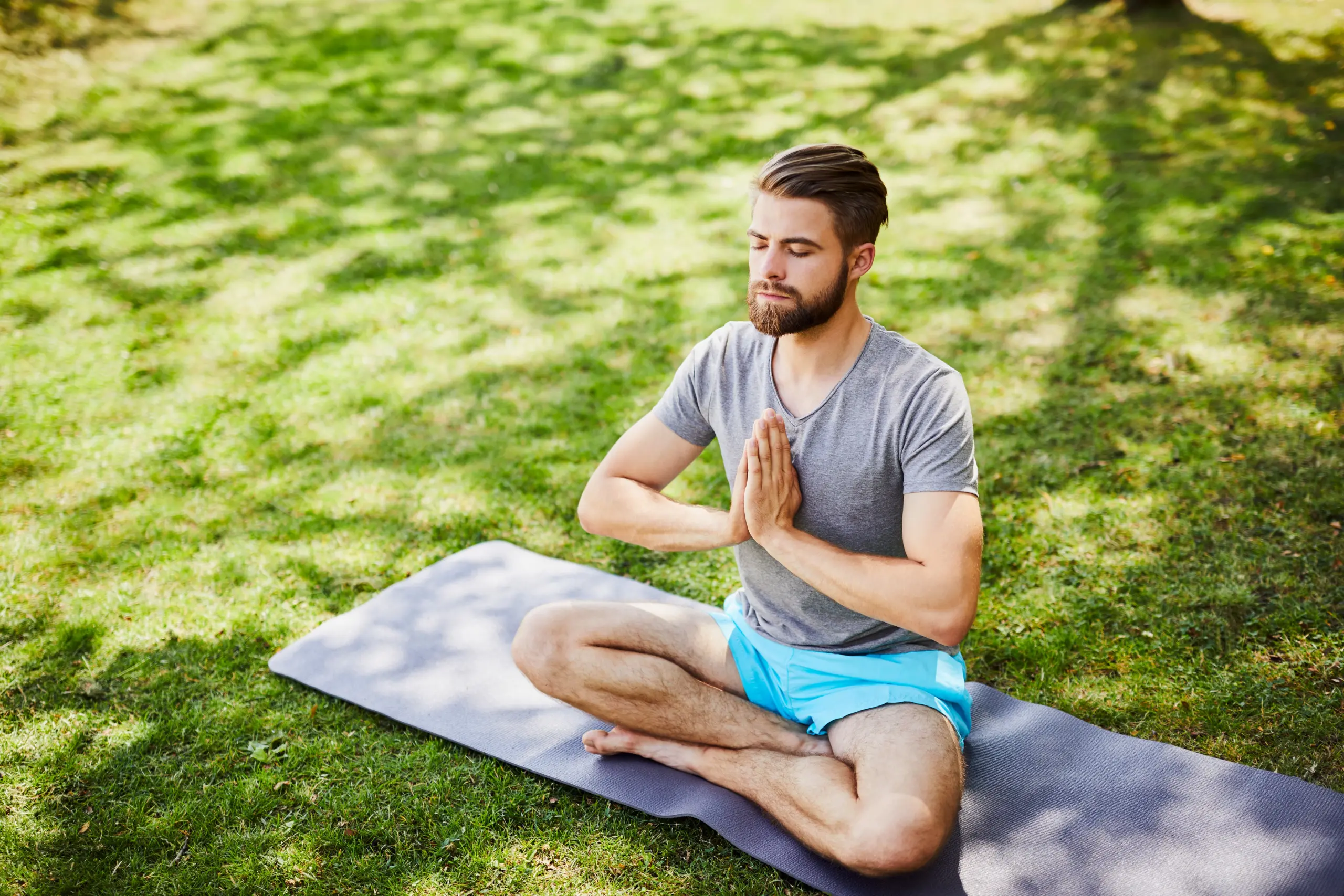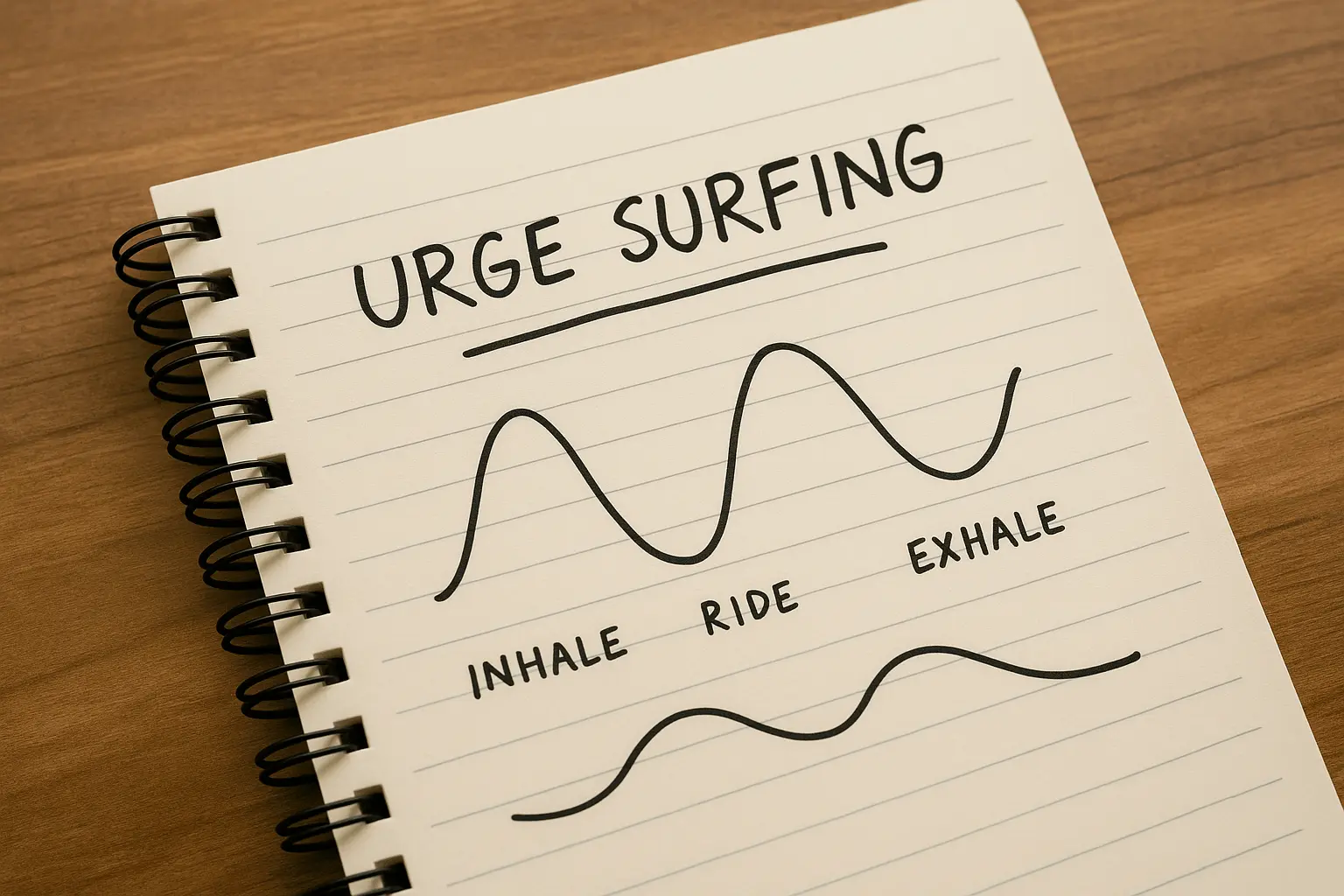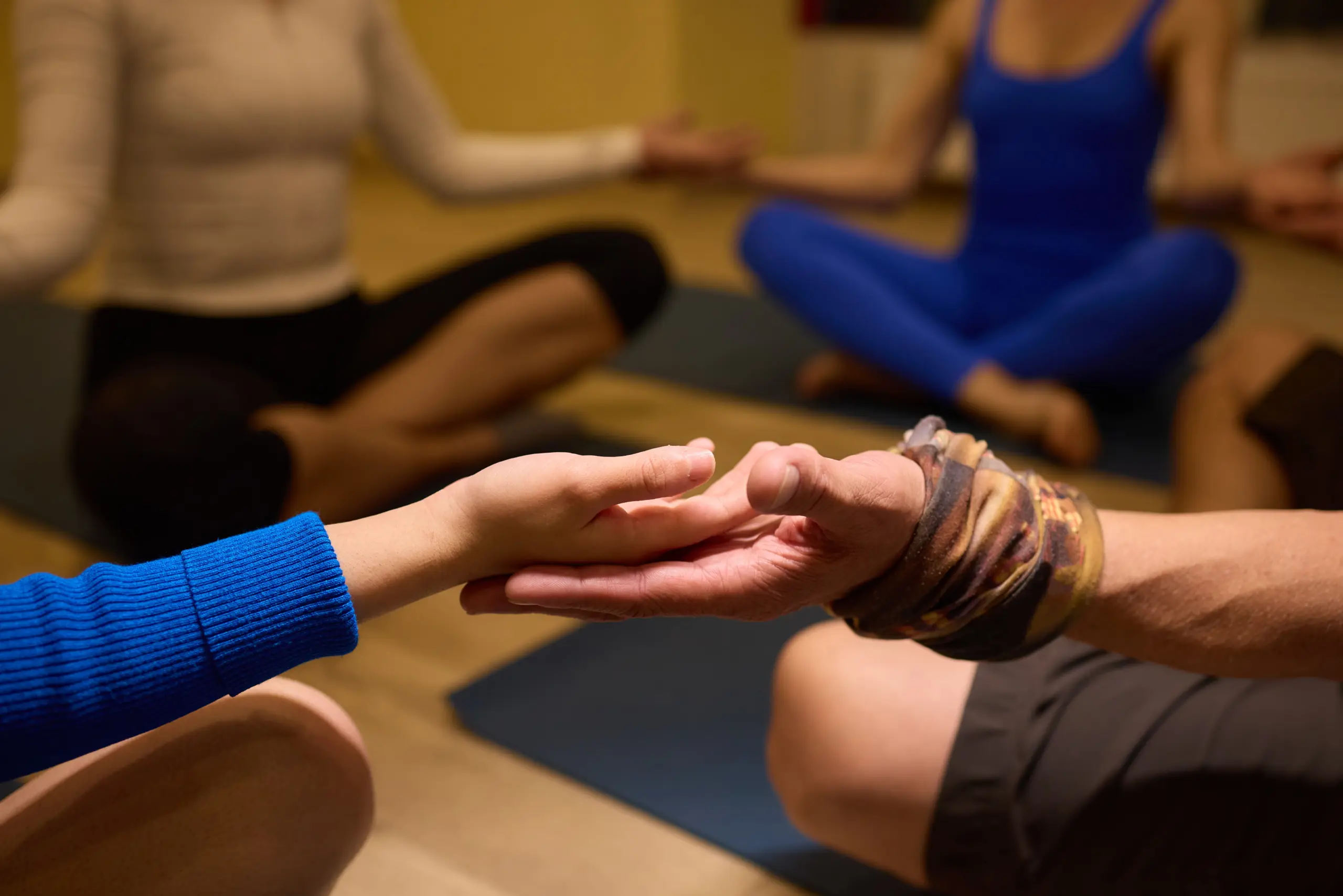Mindfulness-Based Relapse Prevention
Discover how mindfulness techniques can support lasting recovery by preventing relapse and strengthening emotional resilience throughout your sobriety journey.
What Is Mindfulness-Based Relapse Prevention?
Mindfulness-Based Relapse Prevention (MBRP) is an evidence-based therapeutic approach that combines traditional relapse prevention strategies with the principles of mindfulness meditation. Developed for individuals recovering from substance use disorders, MBRP teaches you how to respond to triggers, cravings, and emotional discomfort with greater awareness and self-control.
Unlike willpower alone, MBRP helps people stay grounded in the present moment—observing thoughts and urges without acting on them. This empowers individuals to interrupt the cycle of automatic behaviors that often lead to relapse.
Why Mindfulness Works in Recovery

Mindfulness cultivates nonjudgmental awareness of your thoughts, feelings, and body sensations. This awareness gives you space between a craving and your response—allowing you to make healthier choices during recovery.
Here’s why it’s so effective:
Reduces stress and anxiety—major relapse triggers
Improves emotion regulation and impulse control
Helps recognize cravings without being overwhelmed by them
Encourages a compassionate, non-punitive view of recovery setbacks
Studies show that people who complete MBRP programs are less likely to relapse and more likely to sustain long-term sobriety.
Core Components of MBRP
Mindfulness-Based Relapse Prevention typically involves:

1. Mindful Breathing and Body Scans
Practices that anchor attention and build awareness of internal experiences without judgment.
2. Urge Surfing
A technique that teaches individuals how to observe cravings like waves—rising and falling—without needing to act on them.
3. Trigger Recognition and Reaction Awareness
Participants identify situations that often lead to relapse and learn to pause and reflect before reacting.
4. Nonjudgmental Self-Compassion
Encouraging kindness toward oneself in moments of struggle, rather than guilt or shame.
5. Daily Mindfulness Practices
Integrating short, consistent mindfulness exercises into daily routines helps support emotional balance and awareness.
How Deluxe Treatment Center Integrates Mindfulness

At Deluxe Treatment Center, we believe in healing the whole person—body, mind, and spirit. Our mindfulness-based relapse prevention programming is led by experienced clinicians who integrate meditation, breathing techniques, and psychoeducation into both individual and group sessions.
Whether you’re participating in inpatient or outpatient care, we tailor mindfulness strategies to meet your unique needs, helping you develop healthy coping mechanisms that endure beyond treatment.
Real-Life Benefits of MBRP in Sobriety
Here’s what clients report when practicing mindfulness in recovery:
Feeling more grounded and in control during high-stress situations
Fewer emotional outbursts and improved mood stability
Increased confidence in their ability to manage cravings
Greater self-awareness and healthier interpersonal relationships
Mindfulness is not about being perfect—it’s about staying present. It teaches that every moment is an opportunity to choose sobriety, regardless of past challenges.
Getting Started with Mindfulness Today
You don’t need to be an expert in meditation to benefit from mindfulness. Here’s how to begin:
Set aside 5–10 minutes daily for mindful breathing
Notice your cravings without acting on them—just observe
Use mindfulness apps like Headspace or Insight Timer for guidance
Join a recovery group that integrates mindfulness principles
If you’re looking for professional guidance, Deluxe Treatment Center offers structured programs to help you develop your mindfulness practice in a supportive, therapeutic environment.